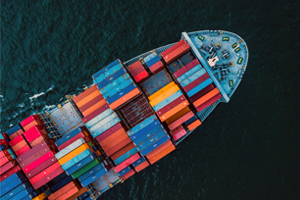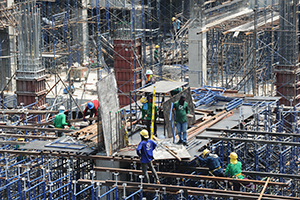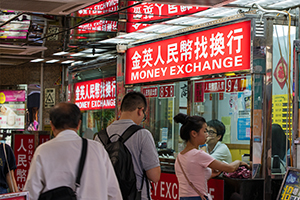The impact of trade opening on developing Asia: Evidence and policy implications
Even though in aggregate, trade leads to economic gains, it almost always creates winners and losers. To design appropriate social protection policies, it is important to know the identities of these winners and losers. These policies need to be in place for equity reasons as well as to build and sustain support for free trade.









